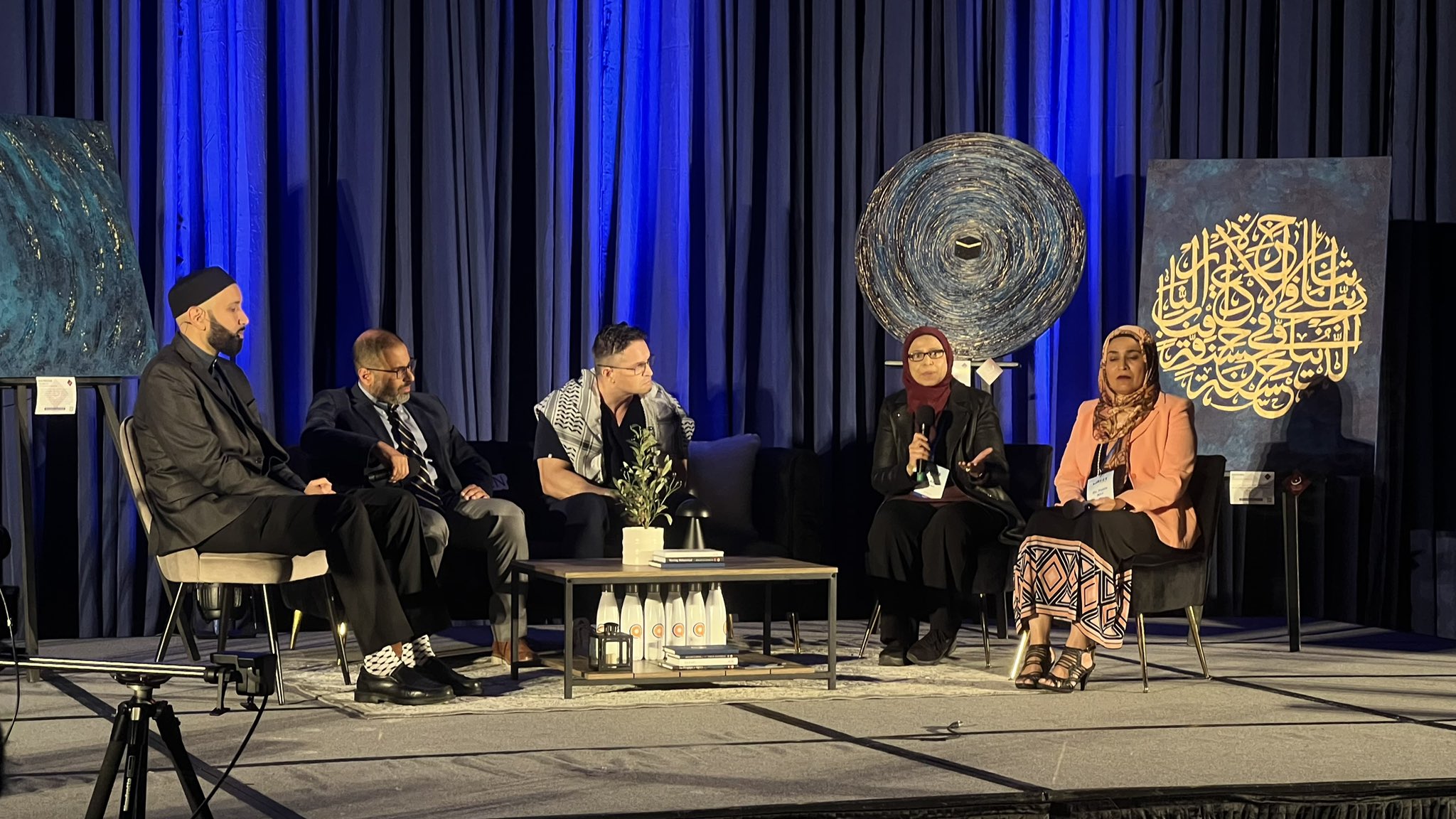In 2012, I was invited to Gaza as part of a team brought in by the Ministry of Health to conduct a needs assessment. My role was to focus on nephrology, visiting various hospitals and clinics to evaluate how we could improve services for patients with kidney conditions. Initially, the plan was for me to stay for 10 to 12 days, but Gaza had other plans for me. I ended up staying for nearly four weeks.
At the end of that trip, we wrote a detailed report with recommendations for improving healthcare, which was provided to both the Ministry of Health and the World Health Organization. But like many reports, it didn’t lead to immediate action. That’s when I made the decision to take things into my own hands and return to Gaza—not just as a visitor, but as someone committed to making real, tangible change.
Since then, I’ve returned to Gaza several times. In 2013, I started teaching, focusing on nephrology and internal medicine. Initially, my teaching was limited, but by 2014, it became an annual endeavor. I also began working shifts at nephrology and endocrinology clinics alongside local doctors, helping where I could and learning from them as well. During the Great March of Return in 2018-2019, I found myself working in the field, offering medical care to those injured during the protests. In times of conflict, I’ve been on the front lines, helping in emergency rooms during assaults, applying my training in nephrology, internal medicine, and trauma management.
Gaza is special to me. It’s not just because I’ve visited so many times; it’s because there’s something different about Gaza—something that goes beyond the medical missions and the teaching. I often get asked, “Why Gaza?” People see me—a middle-aged, white Canadian physician—and wonder why I feel such a deep connection to this place so far from my home. It’s a fair question, but it’s not one with a simple answer.
When Sheikh Omar Suleiman asked me that very question during a panel discussion recently at a Yaqeen Conference, I realized it’s not about one specific thing. My connection to Gaza is a relationship that has grown over time. It’s a blend of experiences, friendships, and a shared struggle. In every visit, I’ve built deeper relationships with the people, the patients, and the medical teams. I know their names, their stories, and their struggles.
I’ve worked in Indigenous communities in Canada as well, and similarly I feel a strong connection to the struggles they face. Like Palestinians they are an indigenous to their land but face overwhelming challenges.
My bond with Gaza runs very deep. It’s a connection to a place and a people remain resilient and determined in the face of occupation and a struggle for freedom. Gaza doesn’t just tug at my heartstrings; it’s a part of me. Every time I leave, I carry its spirit with me—the faces, the stories, the courage, and the hope for something better.
There’s a depth to my connection with Gaza that I haven’t experienced anywhere else. Maybe it’s because of the sheer magnitude of the challenges they face. Maybe it’s because despite everything they endure, the people of Gaza continue to live with a sense of hope that is unwavering. Or maybe it’s because, in Gaza, I’ve learned that sometimes the most profound connections are born not out of answers, but out of shared struggles.
My love for Gaza isn’t something I can fully explain in a few words. It’s a bond that’s hard to define but impossible to ignore. And as long as I am able, I will continue to return to Gaza—to teach, to heal, and to be part of a story that goes far beyond my own.
